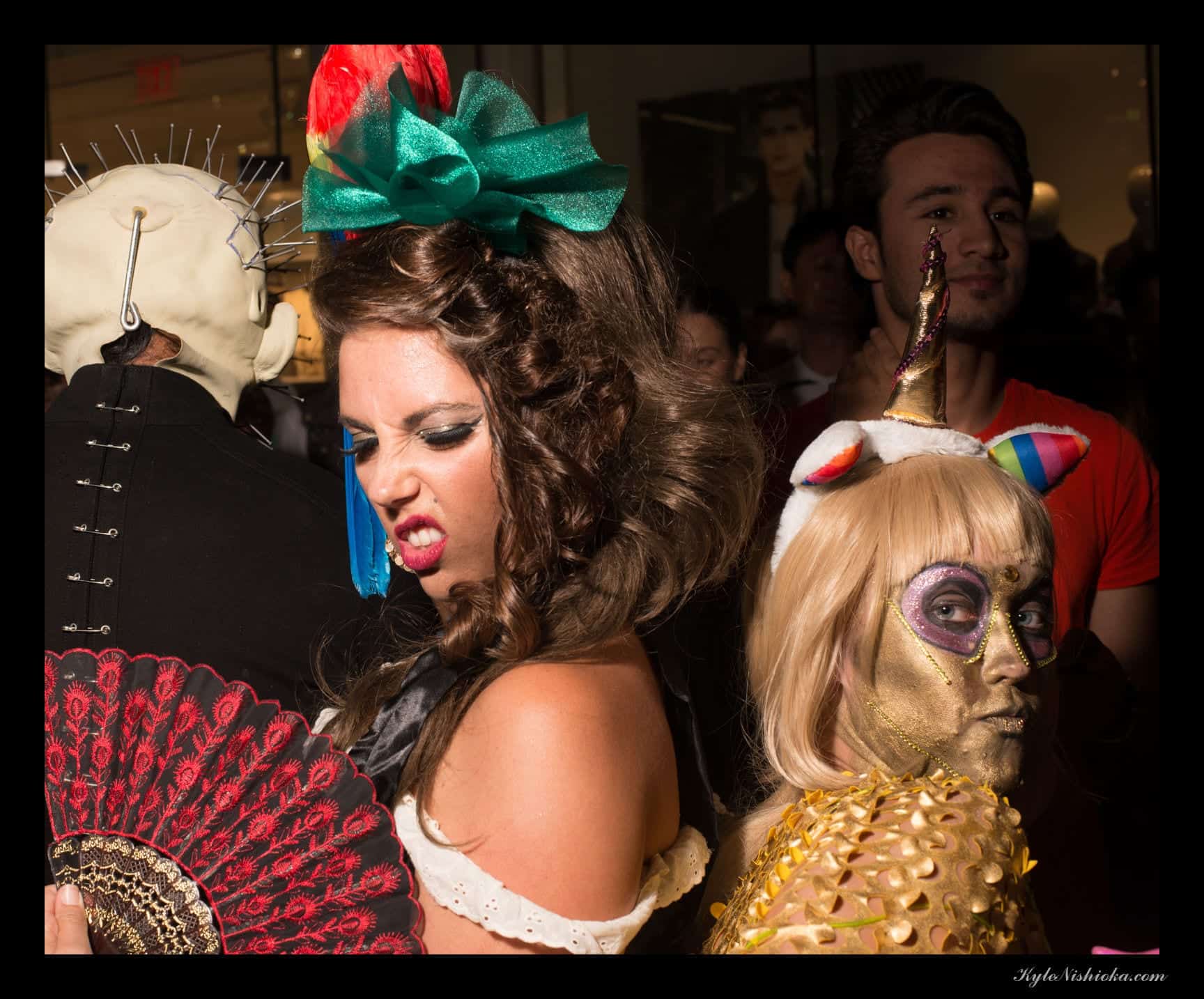Warning! The racial insensitivity ends here

author: taylor balfour | news writer

credit kyle nishioka via flickr
Why cautionary labels are being placed on culturally insensitive costumes
Costumes that discriminate against First Nations customs and individuals have been prominent for ages, and every year the issue seems to grow.
Despite the countless years of posters, advertisements, and speakers discussing the disrespect behind said costumes, outfits appropriating First Nations peoples continue to be made. However, organizations and protests continue to flourish, hoping to spread awareness about the problems behind these costumes.
The Saskatchewan Coalition Against Racism, also known as SCAR, is one of the organizations standing up against said discrimination. Over the month of October, SCAR has taken to going to Halloween costume stores, searching for said appropriating costumes, and placing warning labels that read “Warning! The items contained in this package are offensive and promote the sexualization of Indigenous women and peoples. Please avoid contact with these dangerous materials.”
In smaller font at the bottom, it details, “There are well over 4000 missing and murdered Indigenous women and girls in Canada. An inquiry is being pursued to address this issue. It takes everyone in Canada to fight against sexualized violence. That starts with outfits of this nature.”
At the bottom of the label, they include a link to an article by the Native Women’s Association of Canada that details facts and statistics on murdered and missing Aboriginal women and girls in the country.
SCAR describes themselves on their website as a “group of individuals working together to eliminate racism where it exists. Specifically, we combat and fight racism in Saskatchewan while doing solidarity work with struggles against racism in other places.”
Standing up against the sexualization and discrimination of First Nations women is an issue that the group is working on right now.
A member of SCAR, Chris Kortright, told Global News Regina, “Every year this becomes a story. Every year there doesn’t seem to be any movement on it. What we would like them to do is to stop making these costumes altogether.”
It’s true that these costumes only continue to add to an ongoing problem. In the link their labels have included, it details that out of 582 cases of murdered and missing women, “67 per cent are murder cases” and “20 per cent are cases of missing women or girls.”
Even worse, it reports that “Aboriginal women and girls represented approximately 10 per cent of all female homicides in Canada. However, Aboriginal women make up only 3 per cent of the female population.” These are all statistics from 2010.
A problem of this nature is hard to defeat on one’s own, but individuals can go a long way. Refusing to buy said costumes yourself as well as being aware of the discrimination the costumes hold is an important start.
“A handful of customers came up to us as we were putting the labels on and thanked us for doing it and said they supported it,” Kortright told CBC Saskatchewan.
Such comments mean that we are heading toward the ending of discriminatory costumes in our province and country.









